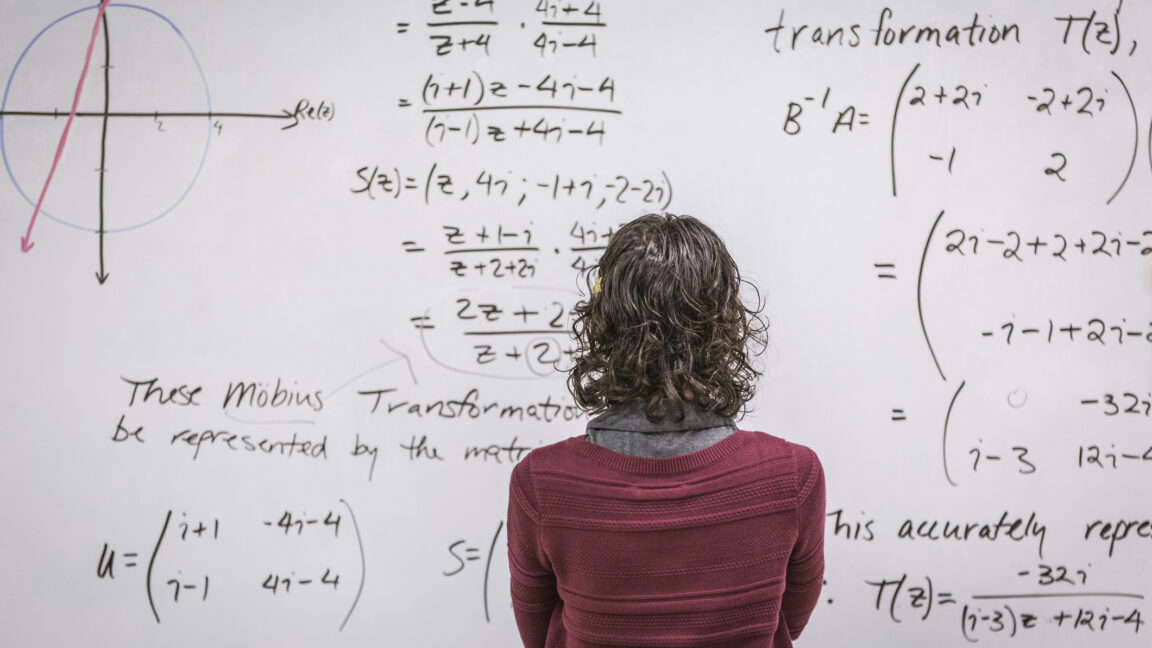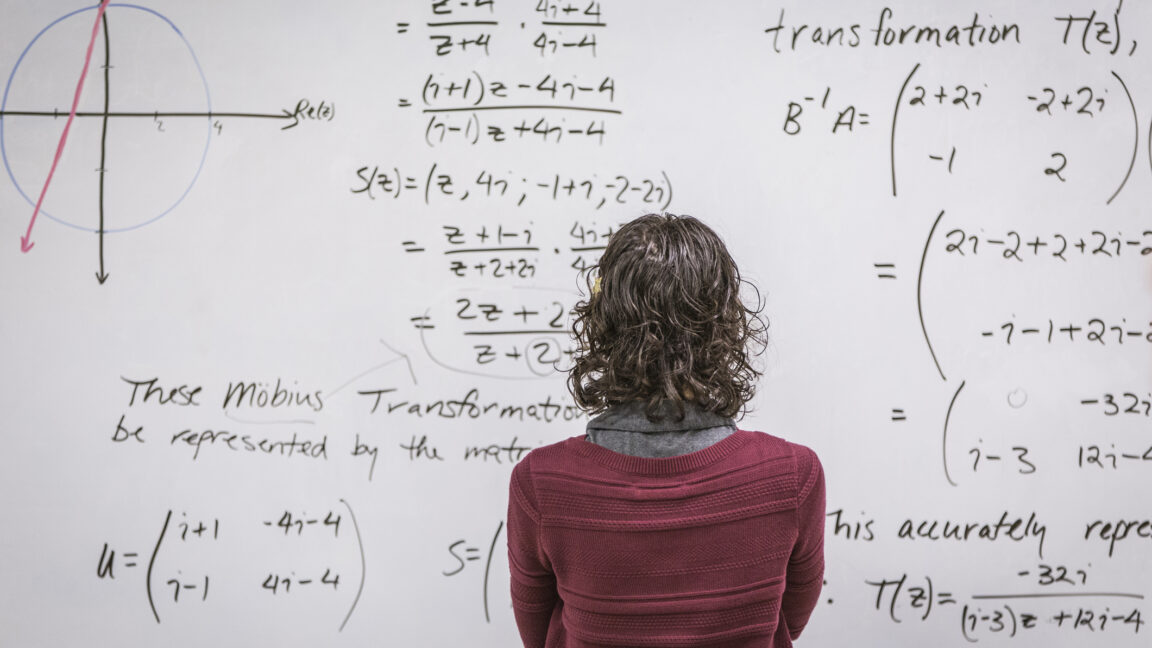Key Points
- AlphaProof achieved scores comparable to silver‑medalists at the International Mathematical Olympiad.
- The system fell just one point short of the gold‑medal benchmark at the premier undergraduate competition.
- Previous AI excelled at calculations but struggled with logical reasoning required for advanced proofs.
- DeepMind addressed a lack of specialized training data to improve mathematical understanding.
- Large‑language models rely on statistical token prediction, limiting true reasoning ability.
- Research lead Thomas Hubert highlighted the goal of achieving formal proof comprehension.
- AlphaProof marks a step toward AI that can assist in high‑level mathematical research.

AlphaProof’s Breakthrough Performance
DeepMind’s new AI system, AlphaProof, has demonstrated a level of mathematical proficiency that rivals top human competitors. In recent testing, AlphaProof’s scores matched those of silver‑medalists at the International Mathematical Olympiad and fell just one point short of the gold‑medal benchmark at the most prestigious undergraduate mathematics competition. This performance represents a notable advance over earlier AI systems, which could barely compete at high‑school‑level math contests.
Why Mathematics Has Been a Hard Nut for AI
Traditional computers excel at raw number crunching but have historically struggled with the logical and deductive reasoning essential to higher‑level mathematics. While they can perform calculations at extraordinary speed, they often lack the ability to understand the underlying reasons for those operations. Human mathematicians, by contrast, construct proofs that may be semi‑formal—grounded in definitions of operations like addition—or fully formal, such as those based on Peano arithmetic, which define the properties of natural numbers through axioms.
Understanding the Structure of Proofs
Mathematical proof‑writing requires an awareness of the structure of the problem, the number of logical steps needed, and the creativity to design those steps efficiently. DeepMind’s researchers recognized that achieving true mathematical understanding would demand an AI that could grasp these subtleties rather than merely generate answers that “sound” correct.
Addressing the Training‑Data Gap
One of the initial challenges for DeepMind’s team was the scarcity of high‑quality training data specific to advanced proof techniques. Large‑language models, such as those powering popular chat‑based AI, are trained on billions of pages of text—including mathematical textbooks and research papers—allowing them to exhibit some capability in solving math problems. However, their underlying architecture predicts the next word or token in a sequence, making their reasoning fundamentally statistical. As a result, they often produce responses that appear plausible without truly understanding the logical foundations.
DeepMind’s Vision and Research Leadership
Thomas Hubert, a DeepMind researcher and lead author of the AlphaProof study, emphasized the ambition to create an AI that could operate at the level of formal mathematical reasoning. He noted, “You know, Bertrand Russell published a 500‑page book to prove that one plus one equals two,” underscoring the depth of rigor the team aspires to emulate.
Implications for the Future of AI in Mathematics
AlphaProof’s success suggests that AI can move beyond simple calculation toward genuine comprehension of mathematical logic. This advancement may open new avenues for automated theorem proving, educational tools, and collaborative research where AI assists human mathematicians in exploring complex conjectures.
Source: arstechnica.com
